Books on happiness are all the range right now. The Nine Rooms of Happiness by Lucy Danzinger and Catherine Birndorf; Stumbling on Happiness by Daniel Gilbert; Awakening Joy: 10 Steps That Will Put You on the Road to Real Happiness by Shoshana Alexander and James Baraz. The list goes. But for all the pervasiveness of the term, the meaning of the word is as ambiguous as it’s ever been. I found myself pondering on it recently after devouring Gretchen Rubin’s New York Times Bestseller, The Happiness Project so now I pose the question to you: what does happiness truly mean for you? And before you answer, be clear that I’m not asking you to think about what you think you should say. Take a step back and really think about if for a second because if we’re being honest with ourselves, so much of how we define it is riddled with ideas and projections from the environments and people we find surrounded ourselves with. It’s the reason why, despite seeming to ‘have it all’ on paper, so many of us feel a sense of malaise or disenfranchisement. That’s what kick started expert Susanna Halonen’s own happiness project.
Catching up over coffee in her East London flat, she’s the first admit that she too fell victim to that trap. You see, on the surface her life had all the tenants of what many of us think constitutes happiness – think long-time boyfriend, big corporate communications job and a generous income to boot – yet the reality was a completely different picture. “I used to beat myself up because I thought I should be happy because I had a great job, a loving partner and time to do my favourite sport but I still felt unfulfilled, disengaged and unchallenged,” she says. “I realised that even though I had a great job job in the eyes of the world, it didn’t challenge me, the company values were a total mismatch of my personal values, and I had a strong desire to do something more meaningful. Even though it looked like I was in a perfect relationship, behind closed doors it was full of struggles, with the biggest one being my partner trying to change me into someone else.”
Shortly after coming to that realization she quit her job, went back to school to earn a masters in Positive Psychology, trained as a life and business coach and studied up on happiness studies by the founding mothers and fathers of the positive-psychology movement. Ask her what happiness means today and she’ll talk at length about the need to define and measure it in terms of experiences of pleasure and purpose over time; that it’s situated not in some story we tell ourselves about what we think should make us happy, but in what we do and who we spend our time with. Now a regular speaker at The School of Life and Ted, she’s made it her mission to teach people how to create their own definition of happiness and here she shares all.
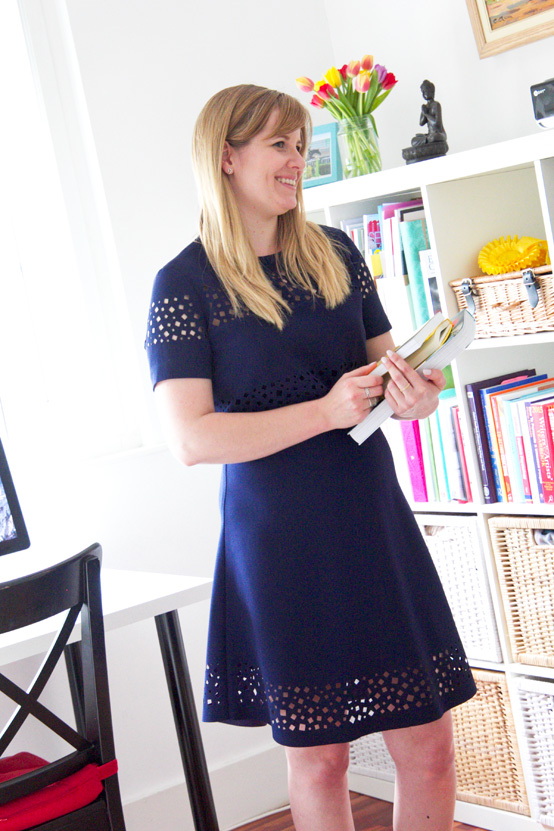 ON WHAT KICK STARTED HER OWN HAPPINESS PROJECT: There were two things: a coaching session and a book. I was in my second year of the Sony Europe Graduate Scheme and I was trying to figure out what to do next. Should I stay? Should I go? If I go, where do I go? I was a little lost to say the least though I knew that where I was wasn’t right. That’s why I was super psyched to get a coaching session as part of my graduate scheme. I went into this session feeling very lost and I came out with a clear 5-year goal to aim towards. In that session, my coach helped me realise that I didn’t have to follow the corporate path just because it’s the only path I knew, and also that I could do anything I wanted to do – not just what I think I should do. It was a life changing moment for me when I realised I could do anything I set my mind to – and that air of possibility is what made me see my future vision so clearly. Saying all that, I’m still on a very active happiness journey. I think we all should be throughout our entire lives. As we go through different phases in our lives, are surrounded by different environments and are facing different challenges, we are forever learning to find happiness in the present phase.
ON WHAT KICK STARTED HER OWN HAPPINESS PROJECT: There were two things: a coaching session and a book. I was in my second year of the Sony Europe Graduate Scheme and I was trying to figure out what to do next. Should I stay? Should I go? If I go, where do I go? I was a little lost to say the least though I knew that where I was wasn’t right. That’s why I was super psyched to get a coaching session as part of my graduate scheme. I went into this session feeling very lost and I came out with a clear 5-year goal to aim towards. In that session, my coach helped me realise that I didn’t have to follow the corporate path just because it’s the only path I knew, and also that I could do anything I wanted to do – not just what I think I should do. It was a life changing moment for me when I realised I could do anything I set my mind to – and that air of possibility is what made me see my future vision so clearly. Saying all that, I’m still on a very active happiness journey. I think we all should be throughout our entire lives. As we go through different phases in our lives, are surrounded by different environments and are facing different challenges, we are forever learning to find happiness in the present phase.
HER JOURNEY: It’s taken me a long time to realise what happiness is and what actually makes me happy. There are so many happiness myths out there and believing in them is what held my happiness back. For instance, I used to beat myself up because I thought I should be happy because I had a great job, a loving partner and time to do my favourite sport. But I still felt unfulfilled, disengaged and unchallenged. These feelings of something not being right and an amazing coaching experience that forced me to face the truth (that same coaching session inspired me to become a happiness coach!) is what made me realise I actually wasn’t happy. I realised that even though I had a great job in the eyes of the world, it didn’t challenge me, the company values were a total mismatch of my personal values, and I had a strong desire to do something more meaningful. Even though it looked like I was in a perfect relationship, behind closed doors it was full of struggles, with the biggest one being my partner trying to change me into someone else. Last but not least, even though I still had time to ride and compete with my horse, I wasn’t doing it to the level I wanted to and craved more challenging training to help me reach more ambitious goals.
THE DIFFERENCE BETWEEN UNHAPPINESS AND DEPRESSION: Depression is a mental illness that goes far and beyond being ‘not happy’. I think this is why we need a lot more education about what happiness actually is. There is an overall happiness you feel in your life and then there are the moments of extreme happiness you feel when something good happens. You need both of those in order to find a fulfilling type of happiness. Positive psychology separates this into two types of happiness: hedonic happiness and eudaimonic happiness. Hedonic happiness is all about positive emotions (such as joy, surprise and delight), which are experienced in the short term. For me, I get a surge of positive emotions when I smile at someone, laugh at a joke, savour a piece of cake and feel good when I buy a new beautiful dress to wear at a special occasion. Basically, it’s all about pleasure. The second part of happiness, eudaimonic happiness, is all about purpose. It’s about having a clear why in your life, living a life that is aligned with who you are, and making meaningful connections to your daily life. Things that tend to feed purpose naturally are positive relationships, having a grateful perspective, doing good for others (e.g. random acts of kindness), and being a parent.
IT’S OKAY NOT TO FEEL OKAY: That is a part of being human and the beauty of experiencing a full range of emotions. You need to have some lows in order to be able to feel the highs. It’s important to be open and honest about this as denying it will only make it toxic within you and prevent you from moving forward from it. If you are feeling low, simply acknowledge it and think about how to make peace with it. Personally, I like to take baths, get massages, read good books and have nights in during periods like this. Other people crave social interaction, sports and nature. Either way, only when you acknowledge you’re feeling of low can you start to address the issues, heal from them and move forward.
ON CREATING OUR OWN DEFINITION OF HAPPINESS: It is so easy to fall into that trap of “I should be happy with all these great things in my life so I will be.” In reality what brings happiness to one person might not bring the same type of happiness to another so it’s super important to start exploring what it is exactly that brings happiness to you. Day-to-day experiences can be really powerful in bringing these about. When we are repeatedly having the same struggle, challenge or thought, something isn’t right. Then it’s up to you to decide the three possible outcomes: 1) Keep having that struggle and keep being grumpy about it; 2) Change something so the struggle doesn’t happen anymore or is at least easier to get over; or 3) If you can’t avoid the struggle, change your attitude about it so you can approach it from a more positive, proactive angle.
THE MYTH WE ALL NEED TO STOP BUYING INTO: We think happiness is something we reach when we get that promotion, buy that flat, get married, lose ten pounds. People fill in the blank of “I’ll be happy when ______________.” with pretty much anything! I used to be one of those people and it’s only when I studied positive psychology that I realised this was actually holding my happiness back. When you see happiness as a destination, you mysteriously think that when you reach whatever goal that’s in your head, then you’ll be happy. Scientifically, you will get a burst of positive emotions if it is a meaningful goal to you and you will also feel pride, a sense of achievement and an increase in confidence. These are all great things to feel! But – the problem is that this burst of positivity lasts for a very short time, and usually we make it even shorter by starting to already obsess about the next goal we want to achieve. Now don’t get me wrong here. I love goals and they are brilliant for setting the path, getting you motivated and giving you a sense of purpose. But you need to learn to enjoy the journey towards those goals rather than obsess about reaching them. Celebrate every little step forward, focus on how you’re growing and learning, and appreciate the fact that you are exactly where you’re meant to be right now. That’s how you find fulfilling happiness.
ON NEGATIVITY BIAS: It’s something that is that is evolutionarily natural to us. Our brains are designed to focus on the negative because when we were cave men we had to always be wary of danger around us. It’s this negativity bias then that helped us to narrow-mindedly focus on the threat we were faced with so we could then decide the course of action (either fight, freeze or flight). This is why it’s harder for us to be positive when we are feeling stressed or frustrated. The first step to change that is awareness. The more aware you are of when this negativity bias kicks in, the more easily you can start to manage it. This is where mindfulness and meditation also play a big role. They have scientifically been proven to change the neural structure of our brain in a way that you are able to focus better, pass less judgment on yourself and be more in control of your thoughts.
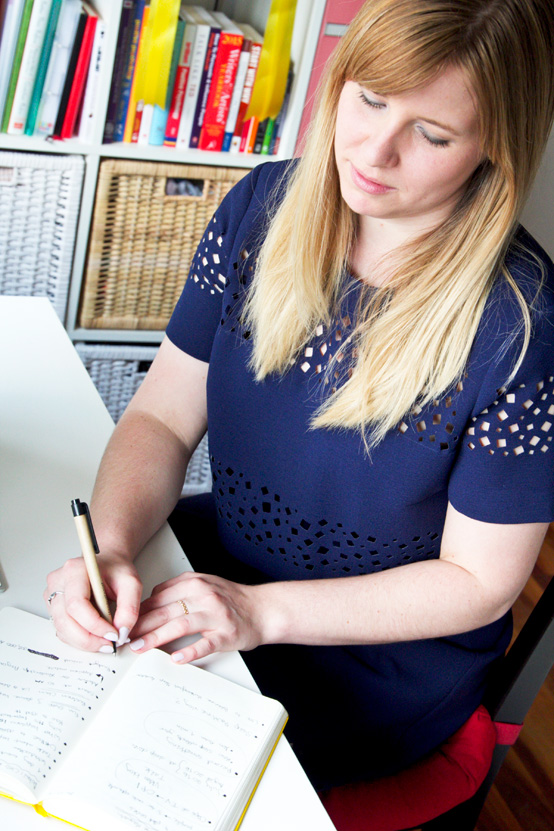 PRODUCTIVITY AND HAPPINESS AREN’T ONE AND THE SAME: When we are productive, we feel good because we are achieving things. You’d be crazy not to get a little rush from crossing things off your to-do list! But it’s not a sustainable source of happiness. That’s why if we focus our efforts on happiness rather than productivity, we will not only be happier but also more productive. One of the reasons why Shawn Achor has been a big inspiration for me is because of all the research he has done on this topic. He has provided evidence on how happier people are healthier, more productive, less stressed, more socially interactive and more creative. Basically happiness fuels your success in every area of your life – be it in your health, work or relationships.
PRODUCTIVITY AND HAPPINESS AREN’T ONE AND THE SAME: When we are productive, we feel good because we are achieving things. You’d be crazy not to get a little rush from crossing things off your to-do list! But it’s not a sustainable source of happiness. That’s why if we focus our efforts on happiness rather than productivity, we will not only be happier but also more productive. One of the reasons why Shawn Achor has been a big inspiration for me is because of all the research he has done on this topic. He has provided evidence on how happier people are healthier, more productive, less stressed, more socially interactive and more creative. Basically happiness fuels your success in every area of your life – be it in your health, work or relationships.
HAPPINESS IS ALL PRACTICE: I’m living proof of it! I used to be a total pessimist and I trained myself into becoming an optimist. It takes time, patience and perseverance, but it is possible if you put your mind to it. The critics can’t label happiness research as hippy dippy stuff anymore with all the scientific research behind it. That’s why I love positive psychology so much. It’s giving us real evidence on what actually makes us happy and how to choose happiness, and there’s more and more research on it every day.
IT’S ALL IN THE MIND: I am a huge fan of attitude and mindset changes. In fact, this is one of the foundations to being happy: having the right mindset. That’s why I’m always teaching people to choose happiness not chase it. Because in the end it is an inside job. That’s why self-awareness is so important when it comes to choosing happiness. When you know what you appreciate in life, what is important to you and what you want to achieve, then you can proactively start making choices in your life that bring what you appreciate and find important into your life.
HOW TO REPLACE OLD HABITS WITH NEW ONES: Around 40% of your daily actions are based on habits. That’s why you’ve got to make sure your habits are good ones! Master your habits and you’ll master your life! Before replacing an old habit with a new habit, you need to understand what the components of that particular behaviour’s habit loop are. Charles Duhigg talks about the habit loop in The Power of Habit. He separates every habit into three components: the cue, the routine and the reward. The cue could be time of the day, a person, an activity, an emotion or a place. The routine is the actual behaviour. The reward is the craving your behaviour satisfies. For example, every day at 3.30 PM you take a break from your desk at work and grab a treat from the coffee shop with your colleague. The cue is 3.30 PM, the routine is taking a break by socialising and getting a treat, and the reward is either the sugar rush from the treat, getting a mental break from your work or getting social interaction with your colleague. In order to replace this habit with a new one, you need to replace the bad behaviour (for example, having a cookie) with a new behaviour (e.g. eating an apple), whilst keeping the same cue (e.g. 3.30 PM) and same reward. That’s why it’s critical for you to identify what exactly is the craving that the behaviour is satisfying. Is it the sugar rush of energy? Or feeling refreshed after a chat with a colleague? Identify this and you can start thinking about replacing the behaviour you want to change with another (better) behaviour that still satisfies the same craving.
ON CHANGES WE CAN DO NOW TO FEEL HAPPIER NOW: First and foremost, take care of yourself. Because if you’re not taking care of yourself you can’t take care of anyone else or be your best possible self. Make sure you’re moving throughout the day and exercising daily, eating nutritiously, and sleeping restfully. Without these foundation habits you will end up tired, stressed and unmotivated, all of which hold your happiness back. When it comes to changing your mindset to a more positive one, there is one exercise I ask all my clients to do: the gratitude journal. For 21 days in a row, finish every day by writing down three specific things that you were grateful for in that day. Avoid generalisations like “I’m thankful for my family”; instead, make them super specific to that day, like “I’m thankful for the fun Facetime call I had with my mom as we got a chance to laugh and reminisce about some old adventures together.” Do this for 21 days and you’ll start to notice yourself looking for things to be grateful for. As you start to do this, you’ll start to realise how much there is to be grateful for. This is how you really start to change your perspective to a more positive one as you start to realise all the things you have to appreciate in your life. After doing this general approach, you can also target it to specific areas of your life. For example, you could finish every working day by writing three things that you were grateful for in your working day. You could also focus it specifically on your relationship, and even make it a sharing task by telling your partner what you appreciated in them today. The second trick for is to think optimistically. This is especially useful when we are faced with a setback or a challenge because you are able to perceive it a positive way. This in turn encourages you to be proactive. This is because an optimist believes that a challenge is due to numerous factors, temporary and limited to this situation. A pessimist, who often falls into states of helplessness, thinks a challenge is entirely due to their mistakes, is permanent and is all encompassing. Sometimes situations bring the optimist out of you and others don’t. Try to become aware of this and actively challenge your pessimistic thoughts: Are you being realistic about this problem? Is it as bad as you make it sound? Can you interpret it in a different way? Basically, it’s about rationalising yourself out of the negative thoughts that come into your head.
ON HER DEFINITION OF HAPPINESS TODAY: It comes from from being challenged, feeling love and doing something that matters. I find these things in different areas of my life, including my work, my relationship with my partner and training my horse Mickey. Being an entrepreneur is definitely one of the biggest challenges I’ve ever taken on in my life and I’m constantly on a learning curve as I’m faced with new challenges and opportunities. If we talk about momentary happiness, I’m definitely my happiest when I’m writing, doing a workshop, talk or coaching session, riding my horse, or cuddling my man on the sofa.
Susanna’s book, Screw Finding Your Passion: It’s In You, Let’s Unlock It is available on Amazon now

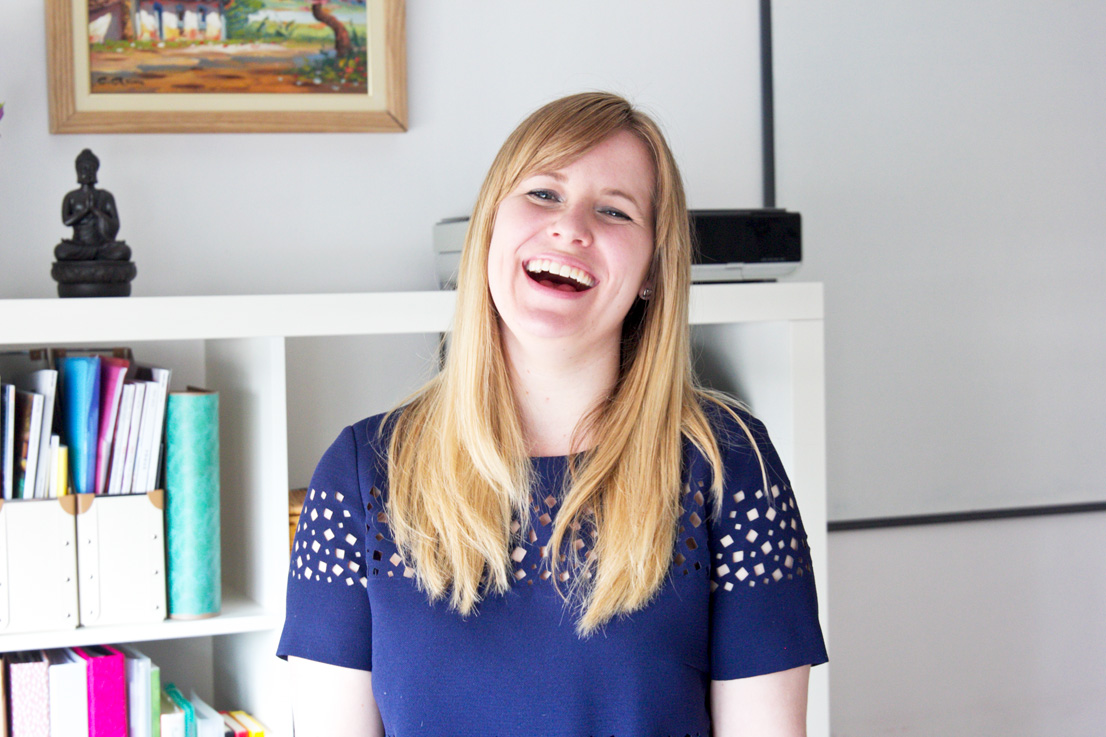
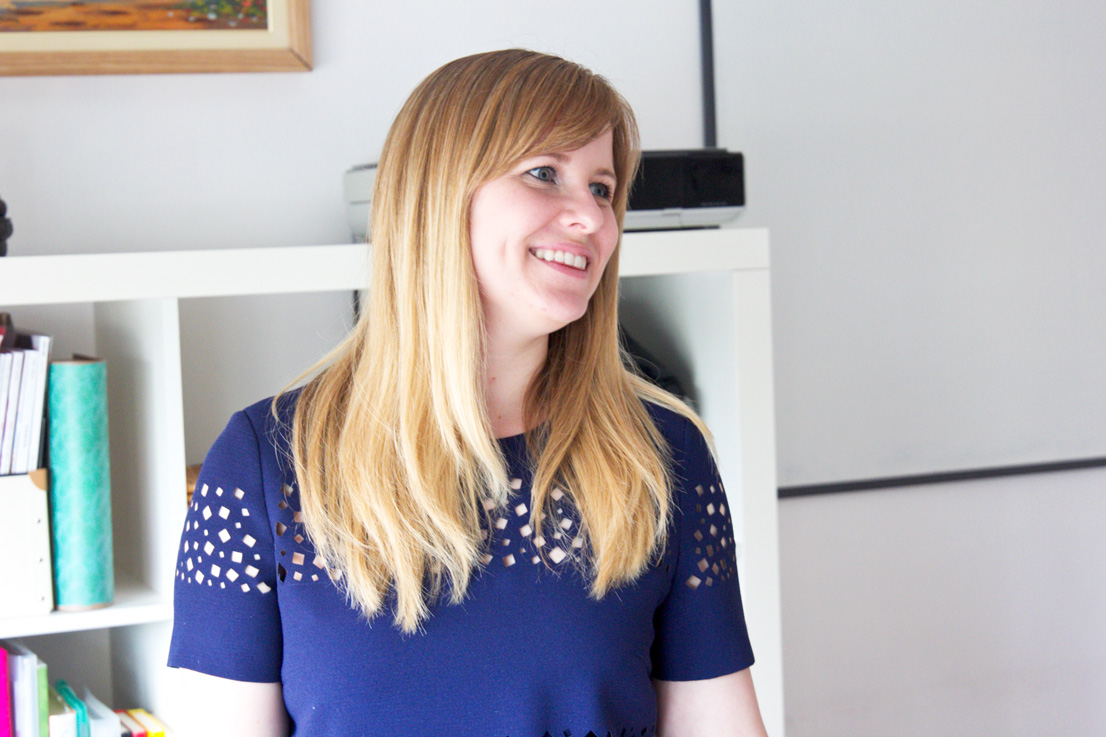
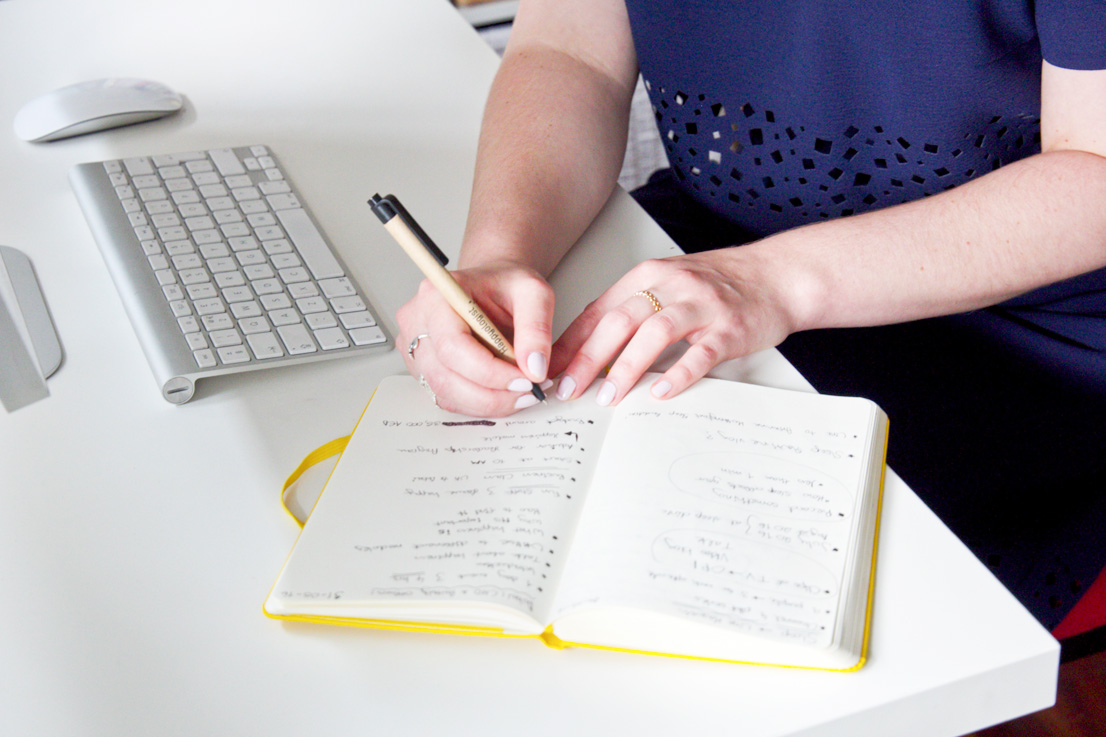
Really detailed and inspirational article – I’m in the process of researching and writing about similar issues at the moment. Love the fact this piece tells a personal story whilst also offering practical advice!
So pleased you enjoyed it Sarah. Susanna is incredibly inspiring and her coaching is incredible because she’s been her own guinea pig. When you’re finished writing about it, definitely send it over. We’d love to read it!